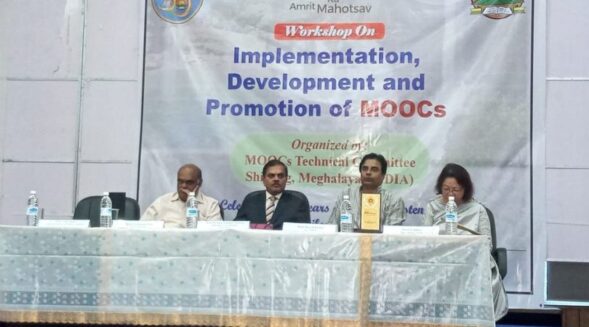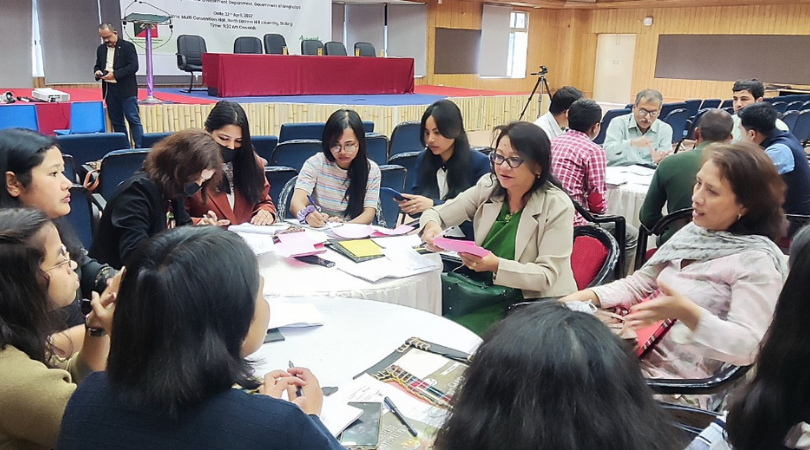
SHILLONG:
A one-day workshop on “Forest-based livelihood, livelihood security and indigenous people rights on natural resources in Meghalaya” was organised by Aaranyak in collaboration with the State Council for Science and Technology (SCSTE), Meghalaya at North-East Hill University (NEHU) campus, Shillong, recently.
The objective of the workshop was to understand the existing livelihood scenario of forest fringe villages, livelihood practices, roles of traditional local institutions, and identification of any gaps in the area of sustainable livelihood practices through consultation with academicians and practitioners.
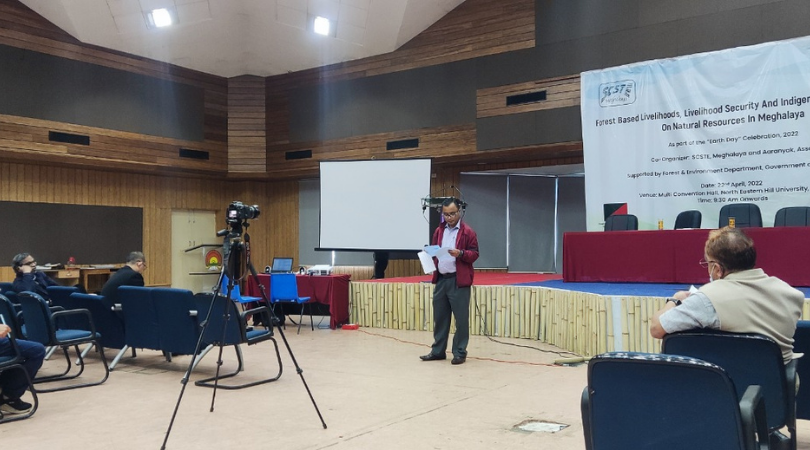
A number of academicians offered their insights on the importance of forest to the people living in fringe villages, and the relationship they share with nature. The sustainable development of forest resources and other things were also discussed during the session.
Giving the opening speech, Vincent T Darlong, ex-VC of Martin Luther Christin University (MLCU), deliberated on the topic “Prospects and challenges of development of the forest fringe villages of Meghalaya”.
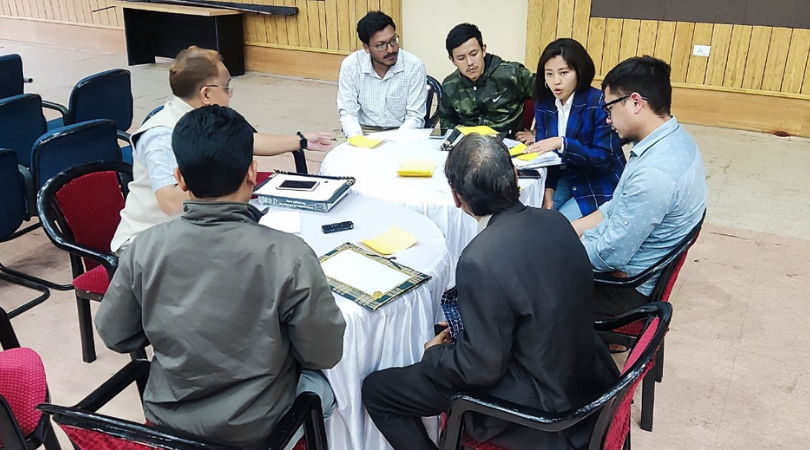
Sharing his experience, he deliberated on forest, its importance and its relation with indigenous people and stated that a practical forest management law is the need of the hour for the region.
Likewise, Rekha Shangpliang, Associate Prof., Dept of Sociology, NEHU spoke on women in the forest fringe villages of Meghalaya and their development. She stated that indigenous Khasi women are mostly engaged in forest livelihood and the role is quite similar to mother earth but their roles are invisible in the society.
Subsequently, Tambor Lyngdoh, KaSynjuk ki Hima Arliang Wah Umiam-Mawphlang Welfare Society spoke on the role of community institution in the forest fringe development and shared his experiences, and prospects and challenges managing the famous Mawphlang Sacred Grove area in the East Khasi Hills.
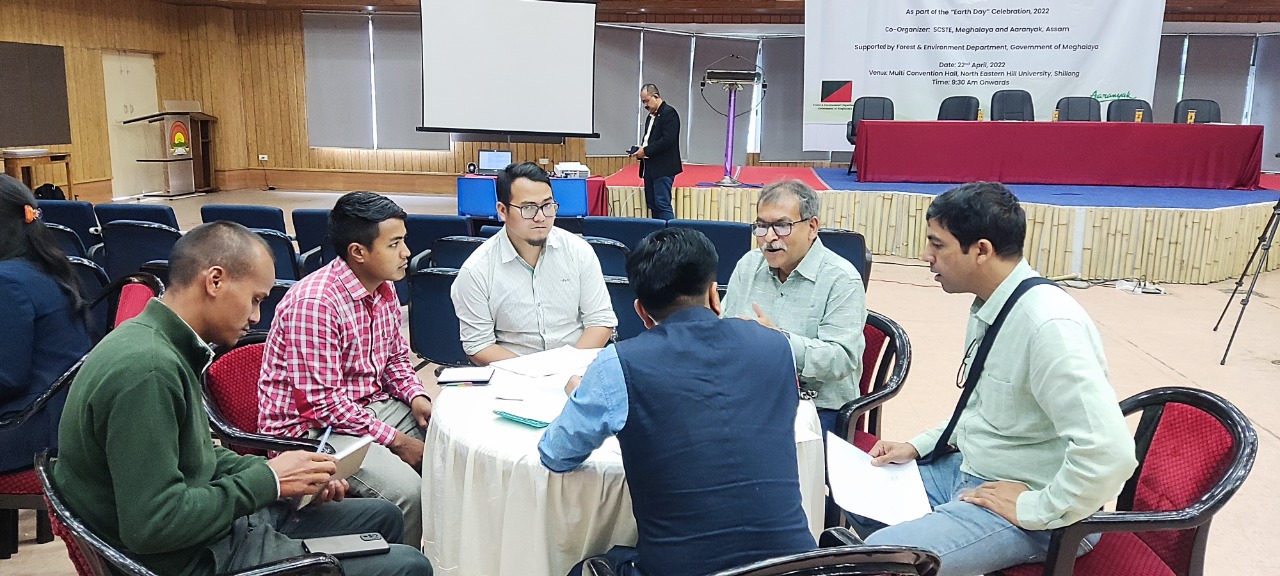
Later in the session, HH Mohrmen, shared his observations on the fouth engagement and employment generation for forest fringe villages of Meghalaya with unique examples of community conservation efforts in the Narpuh area of Jaintia Hills, Meghalaya.
As part of the event, there was a group discussion on the right of the indigenous community, TKS and scoping for sustainable livelihood, natural resource management, green skill and scoping for sustainable livelihood, sustainable livelihood for women and youth and appropriate technology for forest fringe development.
Dr Uma Shakar, Prof, Botany Dept, NEHU, summed up all the discussions in his speech, saying that, all the efforts and initiatives for development by the government can prevail through a bottom to top approach, the traditional institutions have to be sensitized, monitoring, consultation mechanisms have to be adopted for any initiative to be implemented in future





